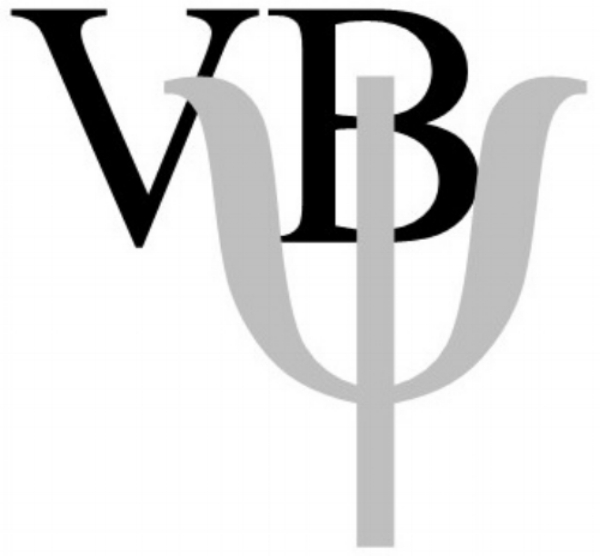ACQUIRED BRAIN INJURY
Brain damage can prevent you from returning to work, school or play. We can identify cognitive and mood changes after your concussion, other head injury or stroke. Treatment planning involving cognitive rehabilitation and other therapies can lead to a customized plan to return you to an appropriate level of work or function.
Assessments of this kind are instrumental in designing “return to work” or “return to play” plans after a brain injury. Acquired Brain Injury can include damage to the brain through a variety of mechanisms. This can include Traumatic Brain Injury [TBI] from a fall, motor vehicle collision, sport related concussion, or other injury. TBIs are typically rated as mild (concussion), moderate, or severe based on testing and other medical information.
Acquired Brain Injury can also be the result of events such as a stroke, tumour, infection, exposure to toxins, etc. Neuropsychological assessments are instrumental in determining the cognitive and emotional effects of neurological injury. This type of assessment can also tease apart brain injury from psychological reactions to injury. For example, cognitive impairments that persist in a person’s daily life despite intact results on neuropsychological testing can suggest physical recovery from brain injury, but persistent psychological underpinnings for memory problems, attention difficulties and/or executive deficits [e.g. Somatic Symptom Disorder, Depression, Anxiety]. This kind of result would point to an emphasis on psychotherapy in addition to cognitive rehabilitation as the appropriate treatment.
It is important to remember that no two brain injuries are alike. Everybody recovers at different rates and in different ways following an Acquired Brain Injury. Whatever the cause or history of an injury, our assessments and reports use neuropsychological and psychological data to create individualized and empirically supported return to work/play plans based on the best and latest peer-reviewed neuroscience available. Wherever a person may find themselves along their recovery path, we can help put together a rehabilitation plan that works best for them. The end goal here is to create a rehabilitation path that is success-oriented and maximises a person’s potential for recovery. Through proper assessment and clear direction for treatment, we aim to help people return to work or play in a manner as close to their pre-injury levels of function as possible.
